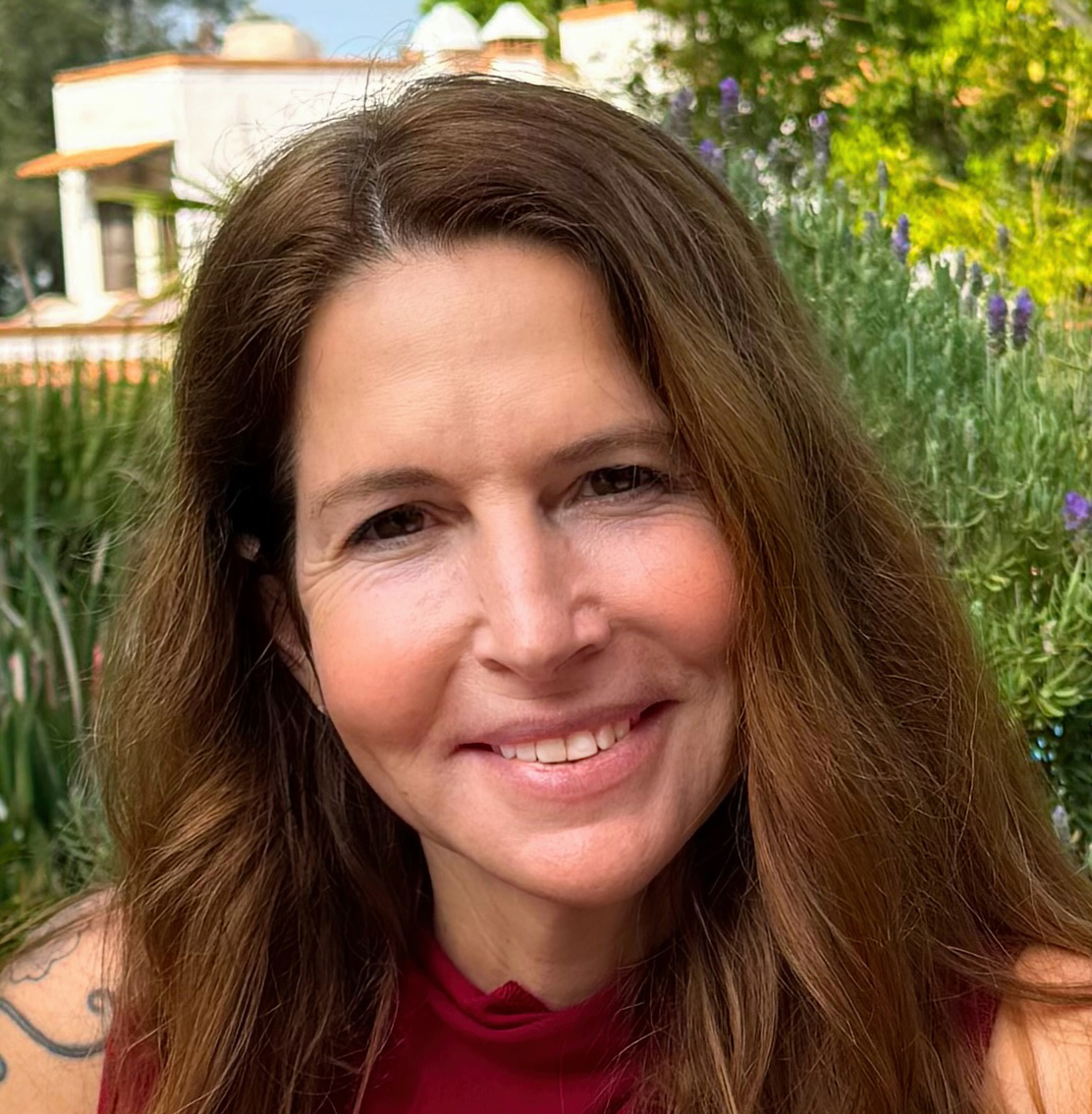
Tools for Seeing Clearly: Hermetics, Alchemy, and the Ancient Technologies for Discernment
Tools for Seeing Clearly: Hermetics, Alchemy, and the Ancient Technologies for Discernment
In a world saturated with information, opinion, and spiritual “quick fixes,” it has never been easier to feel spiritually busy and yet profoundly unclear.
We can meditate, pray, and consume endless inspirational content and still find ourselves lost in disillusionment, unsure what is true, who to trust, or how to move forward.
This is not because spiritual life has failed us.
It is often because we are missing the tools that allow us to see clearly.
There is a difference between feeling spiritual and actually gaining discernment.
The latter requires structure, training, and time-tested tools.
This is where ancient systems like Hermetics and Alchemy become so important.

Why Surface-Level Tools Are Not Enough
Many modern spiritual practices are beautiful and supportive:
- Breathwork can calm the nervous system.
- Prayer can open the heart.
- Worship can deepen devotion.
- Mindfulness can increase awareness of the present moment.
All of these matter. They are valuable.
But when you are in the middle of profound disillusionment when your beliefs, relationships, or entire worldview are being dismantled five minutes of deep breathing is not going to resolve the deeper question:
What is true?
To navigate the depth of confusion we are facing -personally and collectively- we need tools that:
- Reveal the underlying patterns of reality
- Show us how energy and consciousness actually move
- Clarify how transformation occurs over time
- Help us distinguish between illusion and truth, not just between “calm” and “stressed”
This is why lineages that preserve hermetic and alchemal teachings exist: to transmit technologies of discernment.
What Is Hermetics?
Hermetics is an ancient body of wisdom that describes the fundamental principles by which the universe operates. It is not vague spirituality. It is precise, structured, and practical.
Hermetic teachings explore laws such as:
- Correspondence – patterns that repeat from the micro to the macro
- Polarity – how opposites exist within unity
- Rhythm – how cycles of rise and fall, expansion and contraction, operate
- Cause and Effect – how consequences flow from choices and conditions
When we study Hermetics, we begin to see that life is not random.
We start to understand:
- Why certain patterns repeat in our lives
- How collective cycles mirror individual ones
- Where we are participating unconsciously in dynamics we claim to despise
This kind of understanding cuts through a great deal of confusion. It also exposes illusions -both the ones we inherited and the ones we created.
What Is Alchemy?
Alchemy is often misunderstood as an archaic attempt to turn lead into gold.
On a spiritual level, alchemy is the science and art of transformation.
Alchemy helps us understand:
- How raw material (pain, confusion, shadow) can be refined into wisdom
- Why certain processes require time, pressure, or fire
- How to work with the different “phases” of our own growth
- How to cooperate with the forces that bring true change rather than resisting them
Disillusionment, for example, can be seen as an alchemical stage:
- Something old is being dissolved.
- Structures are breaking down.
- Confusion is high.
- The old form can no longer hold the truth that wants to emerge.
If we don’t understand this, we might panic or try to glue the old form back together.
If we do understand this, we can cooperate with the process:
- Allowing what is false to fall away
- Seeking the deeper truth trying to come forward
- Holding steady while the “lead” of our illusions begins to refine
Alchemy gives context to the chaos. It shows us that transformation has a pattern, and that there is purpose inside what feels like dissolution.
How These Tools Help Us See Goodness More Clearly
Hermetics and alchemy are not intellectual hobbies. They are tools that refine our sight.
They help us answer questions like:
- Is this path aligned with universal patterns of growth, or is it merely selling comfort?
- Is this teacher or community oriented toward truth, even when it’s difficult—or toward image and control?
- Is this period of breakdown a sign that something is “wrong with me,” or is it a stage of transformation that I can work with consciously?
When we work with these ancient tools, we:
- Become less vulnerable to manipulation and spiritual fantasy
- Recognize when something is out of alignment sooner
- Stop romanticizing what is actually harming us
- Recognize genuine goodness and integrity with greater clarity
In other words, we gain discernment -one of the most needed qualities on the spiritual path today.
Why Quick Fixes Don’t Work Here
There is a reason so many people feel stuck in cycles of disillusionment, cynicism, and burnout -even while investing in spiritual practices.
Much of what is offered is:
- Short-term soothing
- Focused on feeling better, not becoming clearer
- Detached from lineage and tested structures
- Designed for consumption, not initiation
To work with the scale of disillusionment we’re facing -globally and internally- we need something deeper.
We need:
- Systems that have been tested over long periods of time
- Teachers who are accountable to something greater than their personal brand
- Practices that don’t just make us feel spiritual but actually change how we perceive reality
Hermetics and alchemy, within a living spiritual lineage, do exactly this.
The Responsibility That Comes with Clarity
It is important to understand that these tools are not just about having interesting concepts. They are meant to change how we live.
As we gain clearer sight, we also gain responsibility:
- To act according to what we now see
- To stop participating in what we know is misaligned
- To bring goodness into situations, not just critique them
- To use our discernment to protect ourselves and others, rather than remaining silent
Seeing clearly is not always comfortable. It might require:
- Leaving certain communities
- Ending or restructuring relationships
- Changing how we work, create, or lead
- Walking away from what once felt safe but is no longer true
But this is the path of spiritual adulthood. This is how we become trustworthy to ourselves and to the world.
Beginning to Work with These Tools
You don’t have to understand Hermetics and Alchemy perfectly to begin benefiting from them. You might start by:
- Exploring teachings from a authentic lineage that works with these systems
- Noticing patterns in your life and asking, “What is the deeper principle at play here?”
- Asking how your current disillusionment might be part of an alchemical process
- Becoming curious rather than reactive when something begins to fall apart
Over time, with sincere practice and proper guidance, you will find that your sight changes. You will begin to:
- Recognize illusion more quickly
- Sense where goodness is moving, even in difficult circumstances
- Participate more consciously in your own transformation
These tools are not about escaping the world. They are about engaging with it more skillfully and more truthfully.
If you are feeling overwhelmed by confusion or disillusionment and sense that you need deeper tools -not just another inspirational quote- this may be your invitation into a different level of work. I encourage you to consider the Empower Thyself Program ( sacredlights.com/initiation ) which gives you access to deep teachings and provides the energetic shifts needed to help you navigate these often challenging times.









